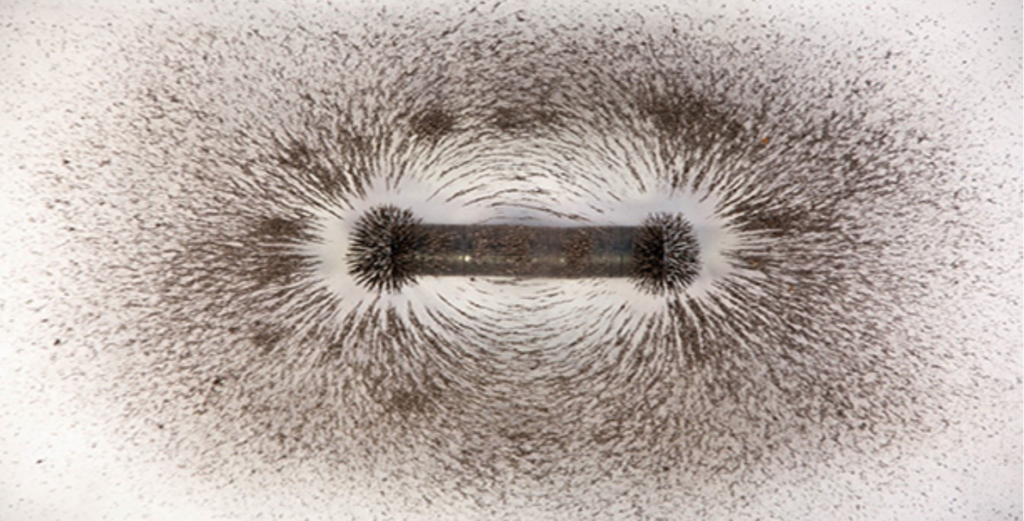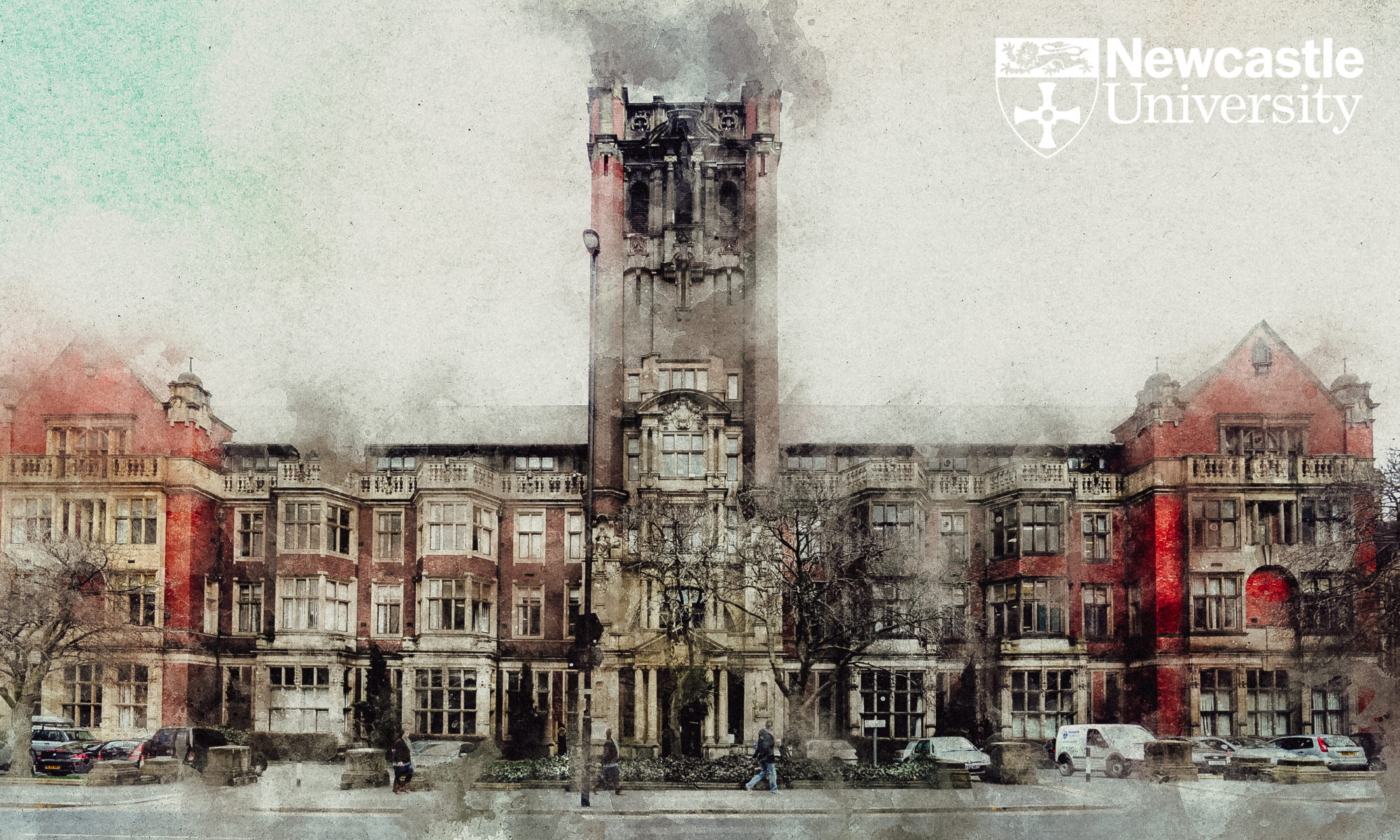
Umwelt. In German, Umwelt simply means “environment” or “surroundings,” but in biology, it carries a more specific meaning: “perceived environment” — referring to only that part of your surroundings that you can actually sense (and care about).
It’s easy to understand why the concept of Umwelt is so important, thought-provoking, powerful. Consider any pair of living organisms that coexist in the same physical environment. For instance, you and a mosquito in the same room (sorry). Your Umwelten (the plural of Umwelt) will be vastly different. As humans, we will perceive our room (or a phone screen) but may not notice the odors present. Whereas, the mosquito (a blind animal) will not see anything but will smell our breath by sensing the carbon dioxide we exhale. Two species. Same place and time. Two worlds.
I like to extend the concept of Umwelt beyond the biology of senses—towards the realm of attention and concern. As humans, our “Umwelt of concern” primarily revolves around other humans: we care about social standing and how much we are liked, included, recognized, and cherished. By other humans, of course. And we can go through an entire day or even a week without thinking of anything else but other humans. Even indirectly, our concerns about career progress and financial wealth are deeply rooted in our social standing. “If you want to get rich, find a way to serve many,” says the old wisdom, and by “many,” they mean, of course, many other people.
This selective attention creates a colossal blindness. For instance, while our planet hosts over 2 million species, we ignore nearly all of them in our daily thought processes. Our usual concerns revolve around humans, occasionally dogs, cats (and maybe dinosaurs). We do not even think about the animals we eat or those that populate the surfaces of our bodies (unless they bother us through itch and inflammation). More importantly, of all the things that exist in the immensely vast universe, we are primarily focused on our immediate neighbors, the infamous Joneses. And rarely do we stop to gaze at the stars, despite their presence in our plain sight every single clear night.
In hindsight, I am convinced that one major reason I became a scientist was the exhilarating sense of wonder that science can dramatically expand our Umwelt—far beyond the humble limits (and fallacies) of our sensory systems, and far beyond our day-to-day thinking, burdened by worries about our social status and the pressure to perform or fit in.
As a kid (completely free from these worries) I would meet my dear friends late in the evening in our neighborhood to gaze at the quiet, mesmerizing light of the stars. This light fascinated us. It turned the gears of our our imagination. We would eagerly debate: What are the boundaries of the universe? If the universe is so vast or infinite, then why don’t we see the entire sky ablaze with light? And when and how did it all begin? How old are our sun and planet? We would then share share everything we had read, and heard, and—most importantly—thought about space and the origin of life on our planet.
As someone who studies nature for a living and does not believe in eternal life, I acutely feel that—in this unimaginably vast, largely silent, and seemingly indifferent universe, where massive stars and galaxies emerge and fade away without a trace—we, the human race, have a chance to enjoy love and life and share this joy with each other. I find it hauntingly beautiful when we choose to nurture our world of culture, a world of meaning, and a world of emotional maturity and warmth. I find it immensely beautiful when we, as people, chose to take loving, tender care of each other and our fragile environment, and celebrate this improbable gift of being alive, and self-aware, and mutually supportive.
While we are not immortal individually—and have a very decent chance of vanishing without a trace in the distant future (e.g., in response to a cosmic cataclysm)—we can enjoy this moment and share the joy of living with others. We also can use our intelligence as a gift to continually improve this world for ourselves and future generations—to keep the fire of life burning and growing, if not in size, then in quality. So, let’s make it happen or literally die trying. We have nothing to lose and everything to gain.
